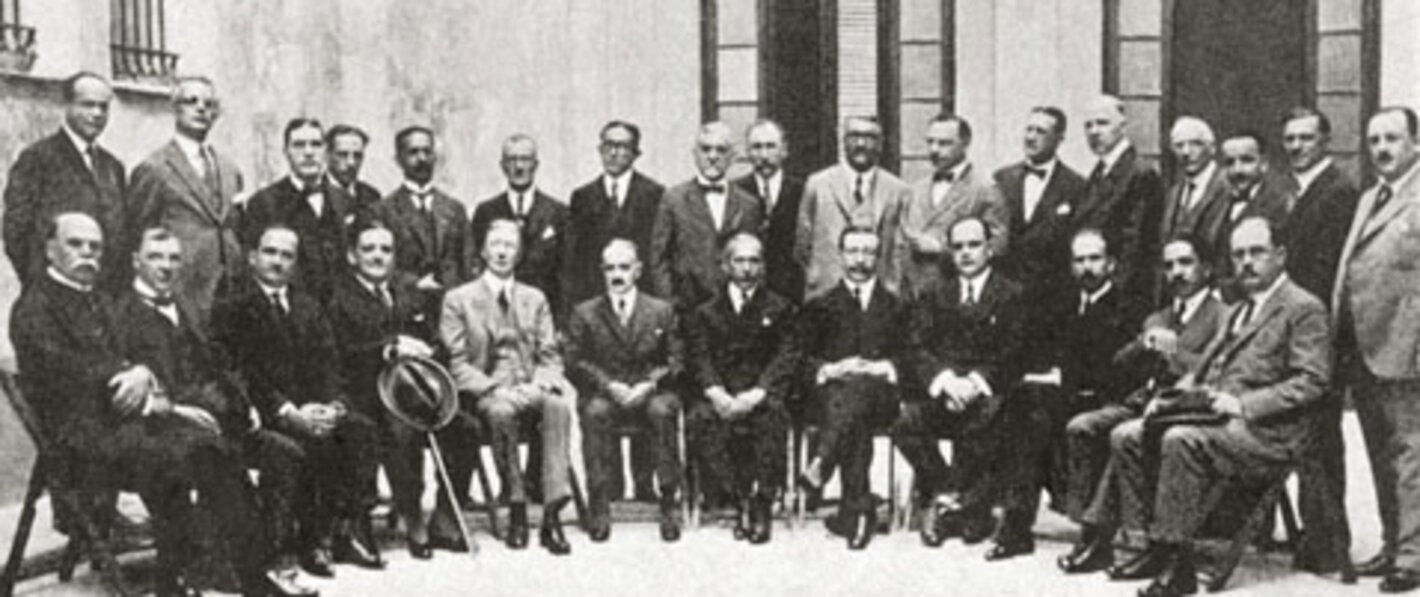
Washington, D.C., 2 December 2011 (PAHO/WHO)—December 2, 2011, marks the 109th anniversary of the founding of what is today known as the Pan American Health Organization (PAHO). In the 109 years since, the Region of the Americas has led the world in eliminating such major diseases as smallpox, polio, measles, rubella and congenital rubella syndrome.
Life expectancy has expanded by nearly three decades—from 50 to 79—while infant and maternal mortality have improved dramatically. Health gaps between rich and poor have diminished, and access to safe water and sanitation have improved for both rural and urban populations. Pan American cooperation has been a key driver of this and other progress in health.
The Organization's founders-representatives of 11 nations of the Americas-met in December 1902 at the First General International Sanitary Convention of the American Republics, held at the Willard Hotel in Washington, D.C. Their goal was to forge a Pan-American approach to international health threats that included yellow fever, malaria and tuberculosis. The outcome of the conference was a new International Sanitary Bureau, the predecessor of what has become the world's longest functioning international health agency, the Pan American Sanitary Bureau (today PAHO's secretariat in Washington, D.C.).
In 1924, the functions and responsibilities of the Bureau were expanded by the Pan American Sanitary Code, which was signed by 18 countries of the Americas in Havana, Cuba. In 1949, the Bureau became the Regional Office for the World Health Organization and was integrated into the United Nations system. In 1950, it signed a formal agreement with the Organization of American States and became the specialized organization for health in the Inter-American System.
In 1958, the Bureau was renamed the Pan American Health Organization. Since then, in addition to providing leadership for the elimination of smallpox, polio, measles, rubella and congenital rubella syndrome, PAHO has provided key technical cooperation to prevent, control and eliminate both communicable and noncommunicable diseases, promote health, stimulate research, educate and train health workers, and inform professionals and the public about scientific, technical and social aspects of health. Over the years, PAHO's focus has widened from combating disease to improving the health of all peoples, with an emphasis on reducing gaps and inequities.
As enshrined in its constitution, PAHO's overarching mission remains: to help its member countries work together to combat disease, lengthen life and promote the physical and mental health of people throughout the Western Hemisphere.
Note: PAHO's 110th anniversary will be celebrated at the 28th Pan American Sanitary Conference in September 2012.



